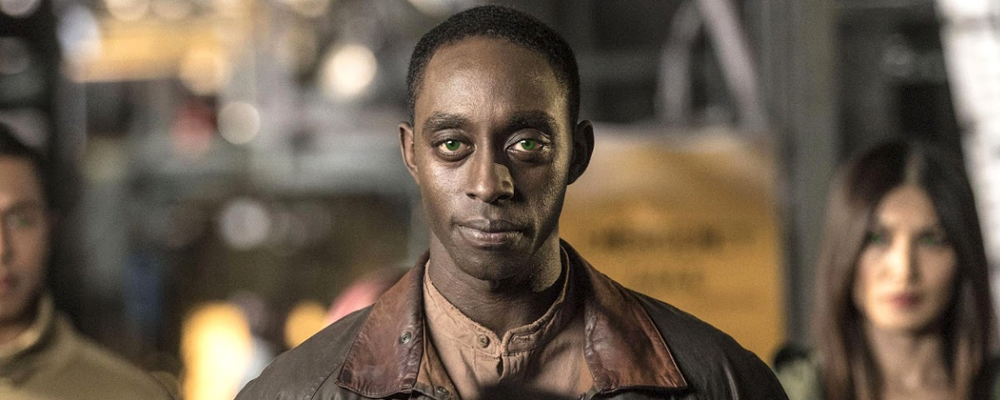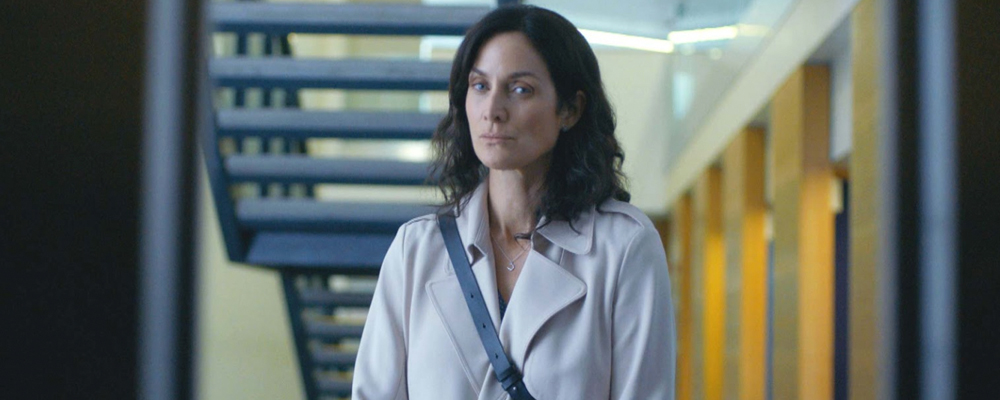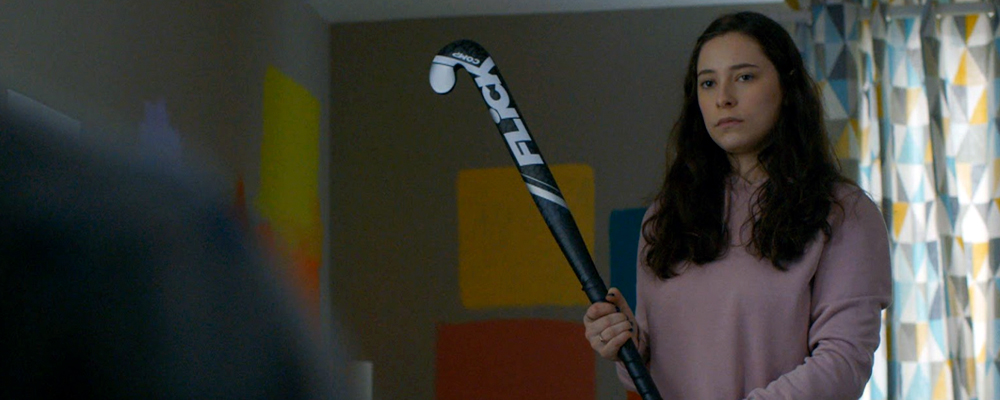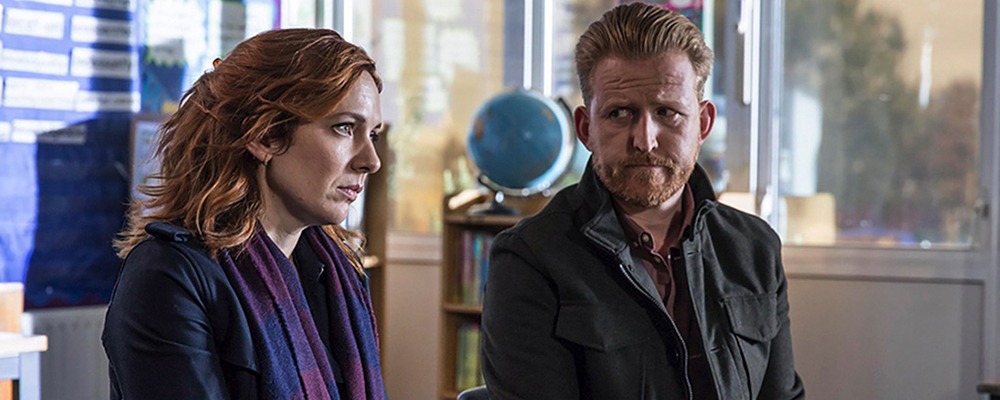The Machines Have Revolted as AMC’s ‘Humans’ Begins Its Third Season
Alci Rengifo
The future is bleak these days on television. AMC’s “Humans,” another import from the dystopian imagination of showrunners in the U.K., is one of the most low-key, gloomy sci-fi shows around. This does not make it bad, on the contrary, it feels vivid and all too plausible. Season 3 opens with a world in crisis, as “Synths,” essentially androids crafted to stunning reality, have discovered their consciousness at the end of the last season. Now the debate rages over whether Synths should be considered people. But as with any social conflict, there is always the lingering danger of violence. “Humans” originally premiered in the U.K.’s Channel 4, which was the same network that first gave the world “Black Mirror.” While not as satirical, this series has a slick style and ominous vibe.
The season premiere picks up right after the events of season two, as the Synths are now conscious and demanding equal treatment to the humans. This has set off massive social tensions as politicians and public commentators debate what comes now. Among the public there is much resentment due to the deaths caused mostly be accidents and machinery malfunctions caused by the sudden change in the Synths, in an event now everyone knows as “Day Zero.” A group of underground Synths attempt to survive under the leadership of Max (Ivanno Jeremiah) and Mia (Gemma Chan) in a spot called The Railyard. They hope to find a peaceful settlement. But any hopes of a smooth adjustment are shattered when a bombing takes place at a bar promoting Synth-human co-existence. At the bar was Niska (Emily Berrington), who had decided to live among humans with Astrid (Bella Dayne). Both make it out in time to avoid the explosion. The incident makes it harder for Laura (Katherine Parkinson), recently separated from Joe (Tom Goodman-Hill) and now campaigning for Synth rights. Just as she appears on TV to debate the opposition, news breaks that the bombing was the work of a new, militant Synth group promoting violent struggle against their human overlords. This revelation inspires new waves of violence, the first victim of which is Flash (Ritu Arya), who is lynched. As tensions soar everyone has to find a way to survive.
“Humans” is dark science fiction with clear and strong allegories. Beyond mere entertainment, it is an obvious commentary on ongoing debates regarding immigration, racism and social conflict. This is what gives its drama a welcome, intelligent tone. Synths are now made to wear green eyes which distinguish them from humans. Of course you can’t turn away free labor, so orange eyes are applied to “safe” Synths. During one scene Toby (Theo Stevenson) and his sister Sophie (Pixie Davis), visit their father in Waltringham, which is apparently devoid of any Synths. They suggest their father get a safe, orange-eyed synth for his grocery store but he refuses. This is a wonderfully dystopian scene where Sophie attends a school seminar about how to react to Synths. She is mocked when she points out that not all green-eyed Synths are bad. The fear of The Other is the key subtext of “Humans,” which has of course been a theme of classic science fiction going back to H.G. Wells and Isaac Asimov. Could you love a robot? Especially if it walks, talks and feels like an organic individual? “Humans” ponders the question with a documentary starkness.
The show also has an Orwellian feel to its writing, where strange terms are used to describe the governmental response to an apocalyptic crisis. Laura is offered a spot in a commission seeking solutions to the “Anomalous Synth problem.” The political subtext is engaging, especially in scenes where Max argues with fellow Synths, attempting to convince them that soon the humans will budge and accept them. But the bombing makes such dreams seem foolish, especially when Flash is murdered and a SWAT team bursts into the Railyard in the final moments, ordering Max and his followers to surrender. Because “Humans” avoids flashy special effects or gigantic action scenes, it has an eerie realism. There is little doubt while watching that this is how an android apocalypse would likely play itself out.
The characters feel believable because the writing is subtle and grounded in real life conflicts. Sophie gets into a fight at school and Lauren has to have a talk with her, explaining why in a discriminating world it’s hard to stand up for loved ones. Even the Synth underground doesn’t come across as heroic, but as worried refugees. The final scene of the season premiere is harrowing as the Synths refuse to surrender fully to the police, and so the officers unlock their safeties before the image cuts to black.
“Humans” is good, low-key science fiction. It is a show about ideas and not flashy, futuristic pomp. There are people in the world living these very stories, just not in the context of humanoid machines subverting the order of humans. This is a series as eerie as a dark prediction of the future, and as prescient as tomorrow’s headlines.
“Humans” season three premieres June 5 at 10 p.m. ET and airs Tuesdays on AMC.





